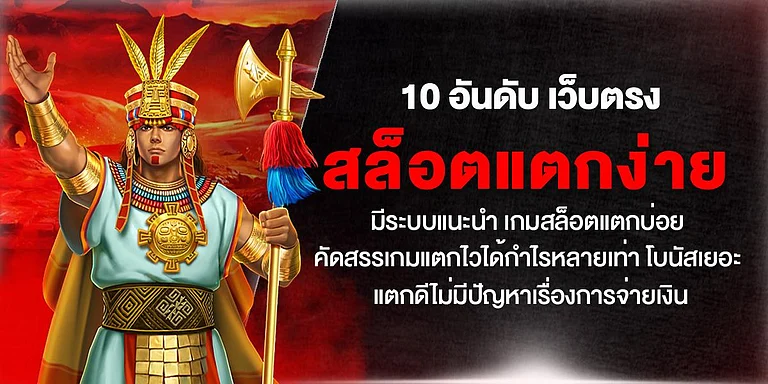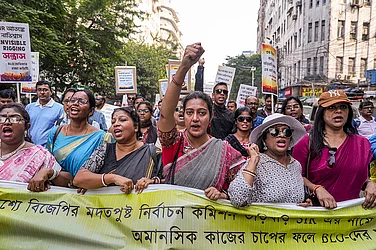In the past, the name of the foreign secretary designate has always been announced a couple of months before the retirement of the incumbent. The jockeying for this plum assignment would have intensified in the coming months, except that Prime Minister Rao has more than he bargained for on his plate with the hawala scandal. The big question now is whether Rao will decide on the new foreign secretary now or leave it to the new government, expected to be in place by June.
Yet another catch in this issue relates to the recommendations of the Pay Commission. The Commission is believed to have before it a proposal recommending increasing the age of superannuation from 58 to 60 for all government servants. If it comes through before Haider retires, his successors will have to wait another two years.
But whether that happens or not, the succession issue has revived the debate on whether a foreign secretary should have a tenured post as in the case of the three service chiefs. Serving and retired foreign service officers say that the foreign secretary must have a tenured post of two or three years. This will help him/her provide an effective leadership, lend a certain continuity to the functioning of the foreign office and avoid frequent changes in important postings, which normally follow the appointment of a successor. Barring J.N. Dixit, who was foreign secretary for nearly two-and-a-half years, all incumbents to this important post since Jagat Mehta in the mid-1970s, have occupied this post for brief periods. Dixit's successor, K. Srinivasan, held the post for a little over a year and Haider, unless the retirement age is raised, will have occupied it for 16 months.
There was an interesting rumour doing the rounds of South Block some time back which has now been proved false. Apparently, someone had suggested that Haider be sent to London as India's high commissioner after L.M. Singhvi's tenure ends in April, so that a new foreign secretary could take over earlier. But this is obviously out now because Singhvi has been given a six-month extension.
As of now the leading contenders for this post are: V.K. Grover, secretary (west) in the Ministry of External Affairs (MEA); Prakash Shah, India's permanent representative to the UN in New York; K. Raghunath, secretary (east) in the MEA; C.S. Dasgupta, Indian ambassador to China and A.N. Ram, secretary (economic relations) in the MEA.
After Haider's retirement, Grover, of the '61 batch, will be the seniormost officer in the foreign service. However, he will have just six months more before he too turns 58. Having spent the last few years in Delhi, Grover, son of former Supreme Court judge, Justice Grover, has the right connections to propel him to the top position. In normal circumstances, the fact that he would have just six months to go would have worked against him. But the Narasimha Rao Government has granted extensions to so many senior IAS and IPS officers like cabinet secretary Surinder singh, special secretary (internal security) in the Home Ministry V.K. Jain and CBI chief K. Vijaya Rama Rao, that this seeming disadvantage can be surmounted. Besides, there is the precedence of former cabinet secretary, Zafar Saifullah, being appointed to that post just seven months before his retirement and, on reaching the age of superannuation, getting an extension.
Grover's batchmate Prakash Shah, due to retire in July '97, could have given others a run for their money. But it is known that he is not interested in the post. However, as a colleague of his said, "If Shah is told to come back and take over, he may have no choice. So do not rule him out". Shah and Grover are the last of the '61 batch contenders. Others in the race belong to the '62 batch.
Raghunath is the seniormost of the '62 batch, followed by Dasgupta and Ram. The three are rated equally by their colleagues. But Ram, an Andhraite brought back from Brussels a couple of months ago, has added an element of tension to the race. Unless the post is made tenured, all three will have longer stints as foreign secretary than either Grover or Shah. Raghunath retires in November '97, Dasgupta in May '98 and Ram in December '97.
Since there has been a tradition of supersession in the foreign service, it will not be surprising if any contender has to step aside for a junior. In fact, when Dixit became foreign secretary he superceded seven officers. Similarly, A.P. Venkateswaran of the '52 batch superseded K.P.S. Menon of the '51 batch. It is this which makes Lalit Mansingh, secretary and head of the Foreign Service Institute, of the 1963 batch, yet another contender. He will have nearly three years up to April 1999, which strengthens his case. If that happens, the Government will be dipping in really deep. But then such appointments are generally political decisions.


























